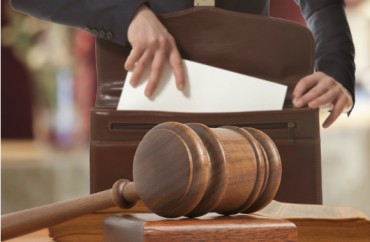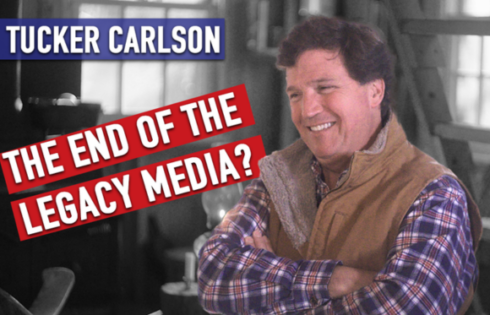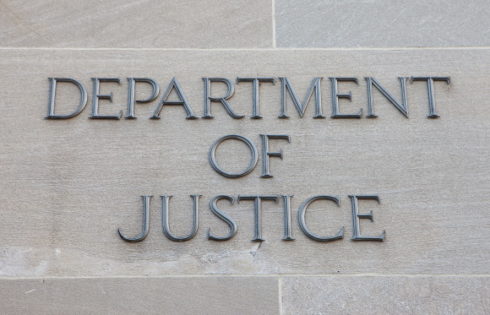
Overturned on appeal
What happens when you have no evidence to evaluate an allegation?
Under Cornell policy, you judge the credibility of the accuser versus the accused, and hope you don’t get sued later.
The Cornell Daily Sun has a feature on the school’s sexual-misconduct policy, and whether Cornell is abiding by a recent revision of its text following a damning internal review of its “inequities” toward accused students the previous school year.
It opens with a doozy:
When a Cornellian noticed that 10 undergarments were missing from her room, she claimed that she had been sexually harassed under Policy 6.4 — Cornell’s policies and guidelines for handling issues of discrimination, sexual harassment, sexual assault and violence.
Based solely on her intuition, the student blamed one of her male classmates for the theft, according to a report drafted by Amanda Minikus J.D. ’15, the University’s Judicial Codes Counselor at the time.
The University’s investigator had “no evidence whatsoever to place the [male student] (or anyone else for that matter) at the scene of the theft,” according to the Minikus report. But somehow, the investigator determined that the female complainant was more credible than the male respondent. Then, using an evidentiary standard that places a low burden on the complainant, the University’s investigator — who was also the case’s adjudicator — deemed the male respondent guilty of sexual harassment. …
Had the male student not appealed the decision and had the appellate panel not overturned the initial decision due to a lack of evidence, his Cornell transcript would have identified him as a sexual harasser for the rest of his life.
Policy 6.4 is getting legal scrutiny now in a lawsuit stemming from Cornell’s investigation of a male and female student who each accused the other of sexual assault.
“John Doe” tried to file a complaint against the Title IX investigator for bias against him, but the Title IX office said it wouldn’t investigate until it had resolved his previous complaint.
A state judge ruled last month that Cornell had “directly contradicted” the revised Policy 6.4 by deferring an investigation into Doe’s discrimination complaint, The Sun reported:
Citing Policy 6.4, [N.Y. District Justice Eugene] Faughnan also said “the more the time that lapses, the more difficult” it is to conduct a proper investigation.
In response to Cornell’s claim that it was entitled to the “interpretation of its own rules,” Justice Faughnan said there was “no provision in Policy 6.4 to defer an investigation,” adding that any such reading had no “rational basis.”
Faughnan also said Cornell’s interpretation of the policy was “made out of whole cloth” and had rendered its literal words “meaningless,” according to The Sun‘s feature on the policy.
That feature lays out Cornell’s broad latitude to violate confidentiality but punish student parties for such disclosures, and its contrasting evidence standards for alleged student misconduct (preponderance, which is low) and alleged faculty misconduct (clear and convincing, which is high).
Read the feature and earlier story about Justice Faughnan’s ruling.
Like The College Fix on Facebook / Follow us on Twitter
IMAGE: Shutterstock






Please join the conversation about our stories on Facebook, Twitter, Instagram, Reddit, MeWe, Rumble, Gab, Minds and Gettr.